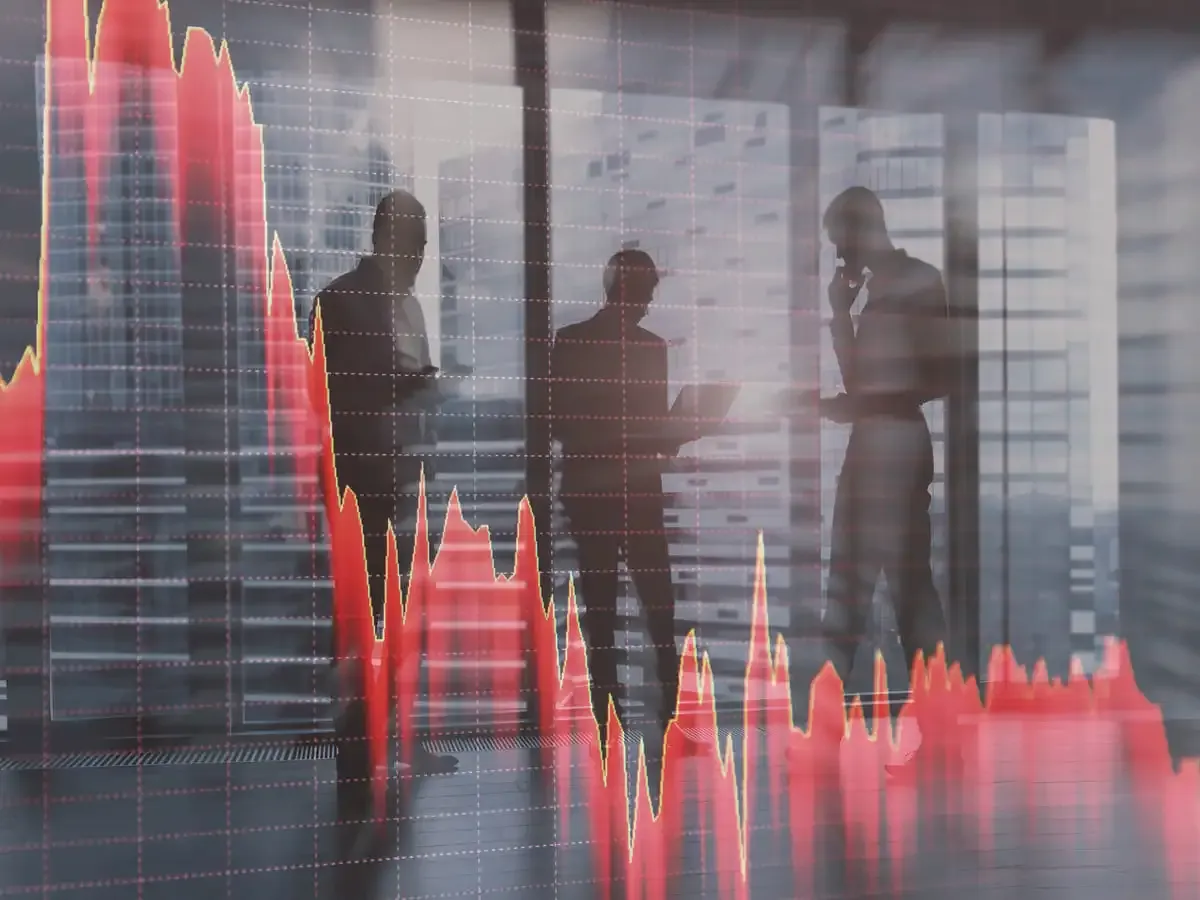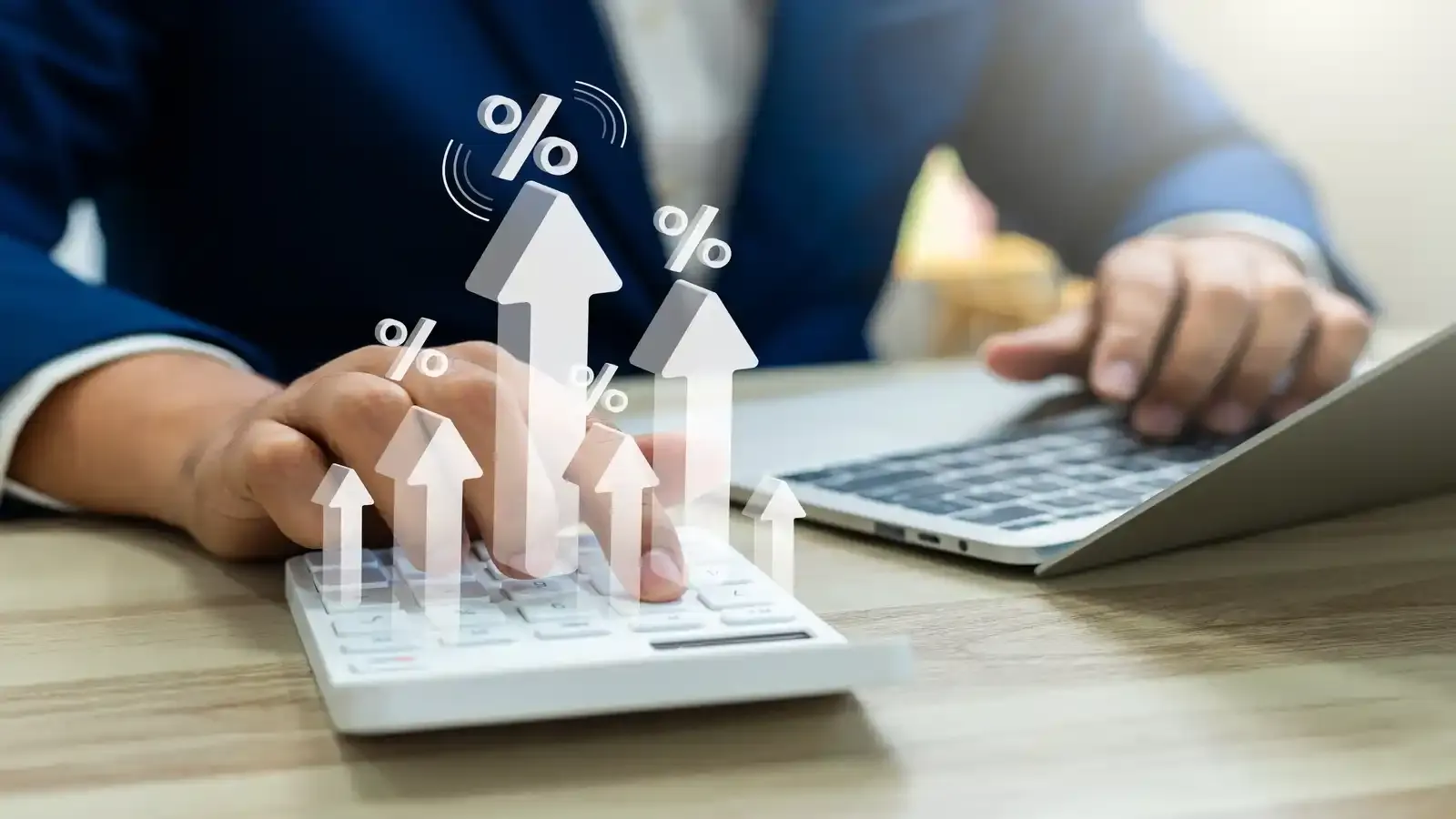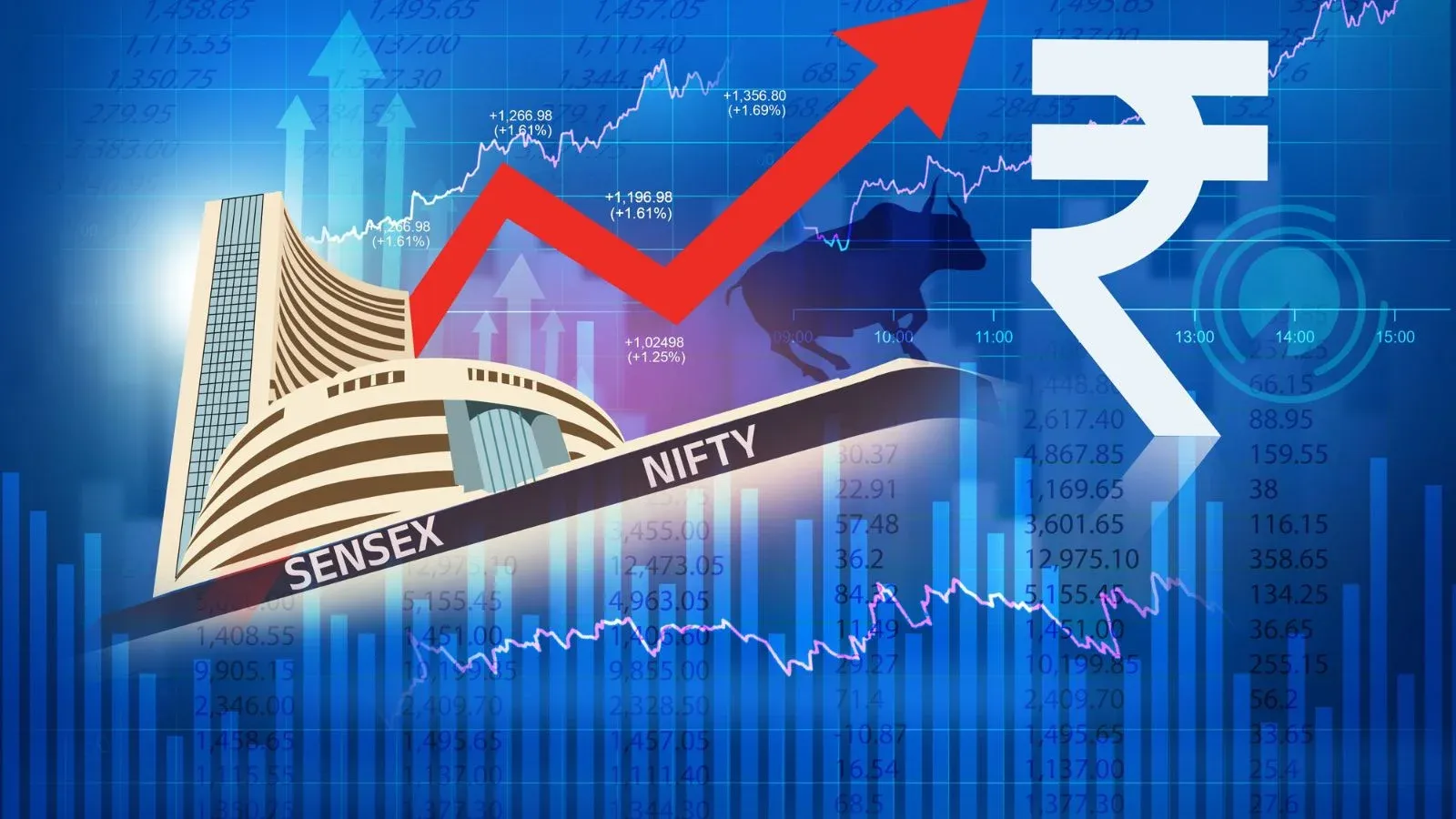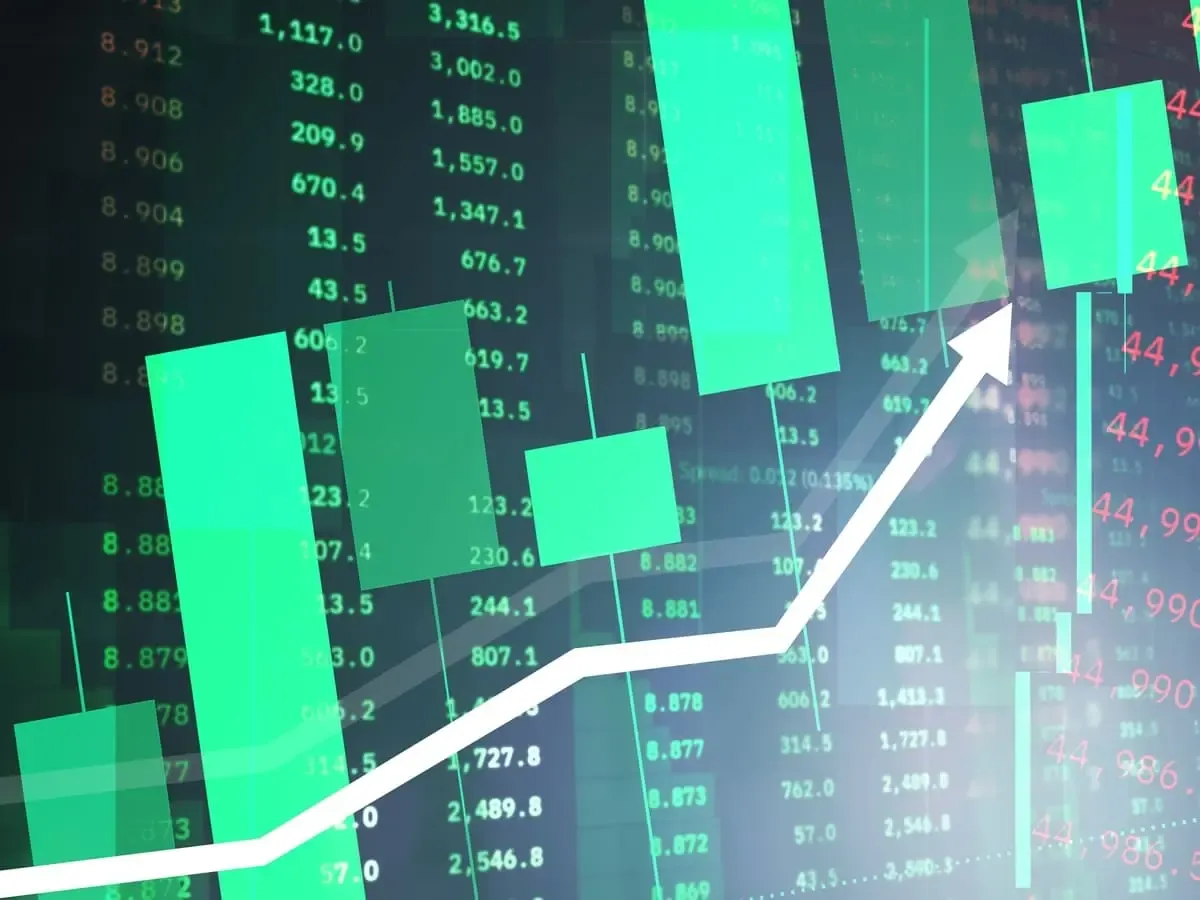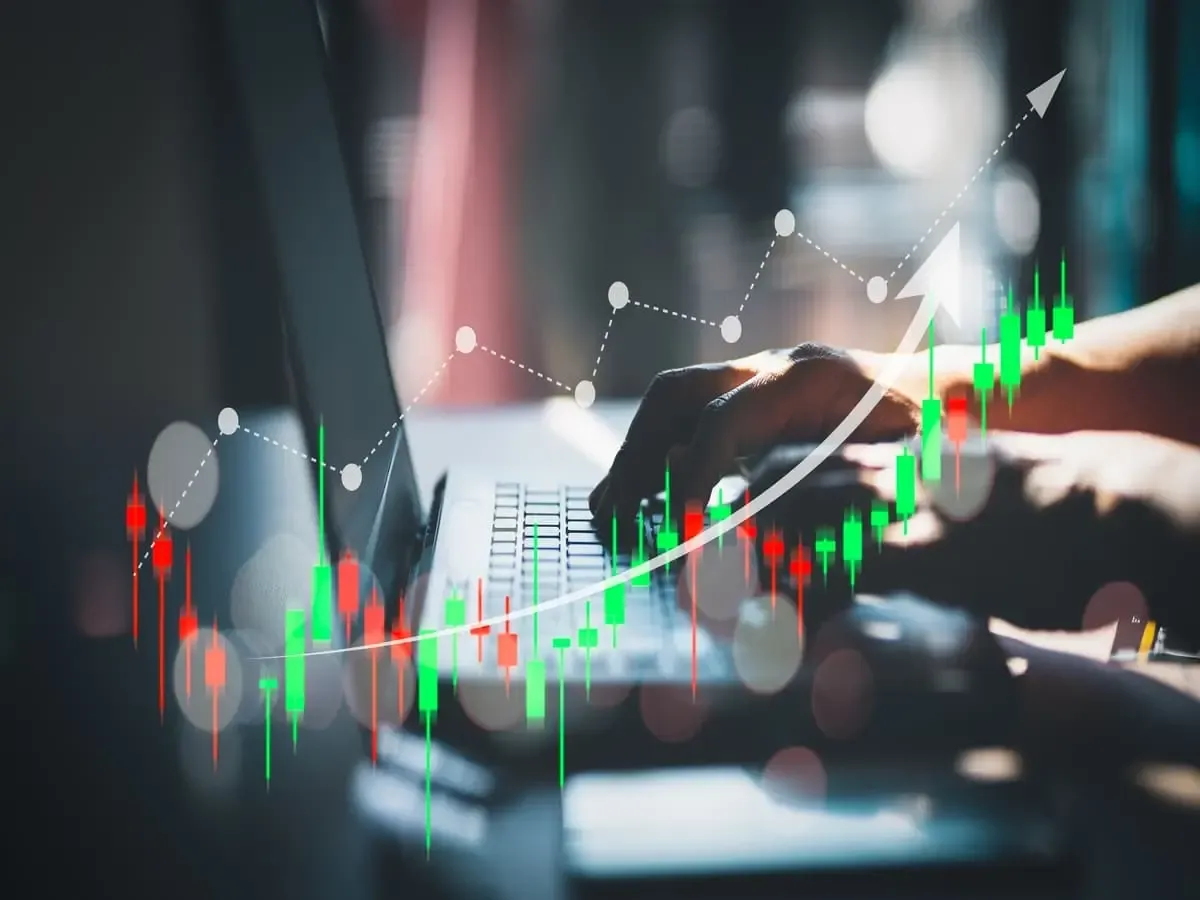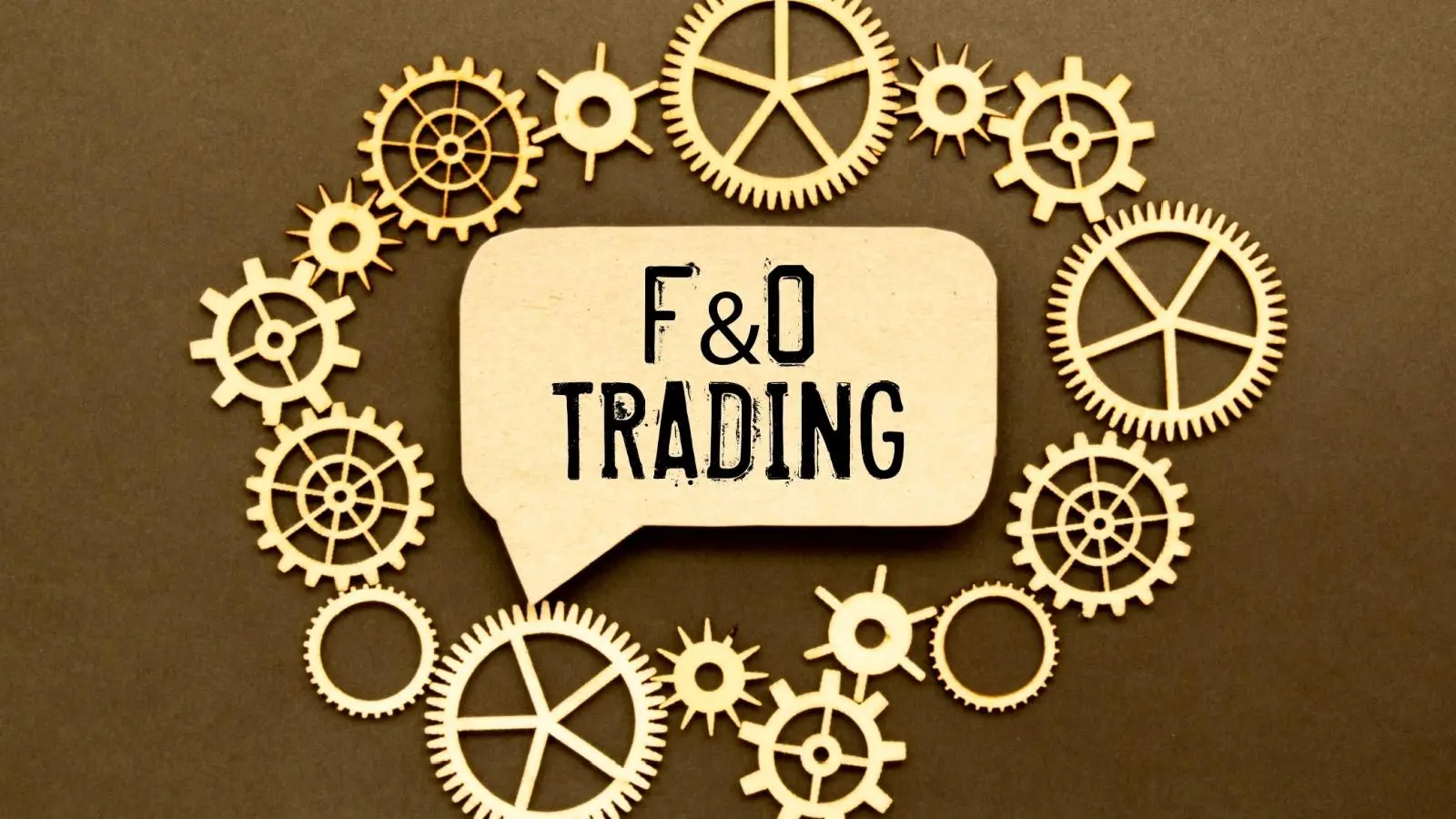Importance of a trading account, and why you need it
Written by Upstox Desk
Published on February 12, 2026 | 5 min read
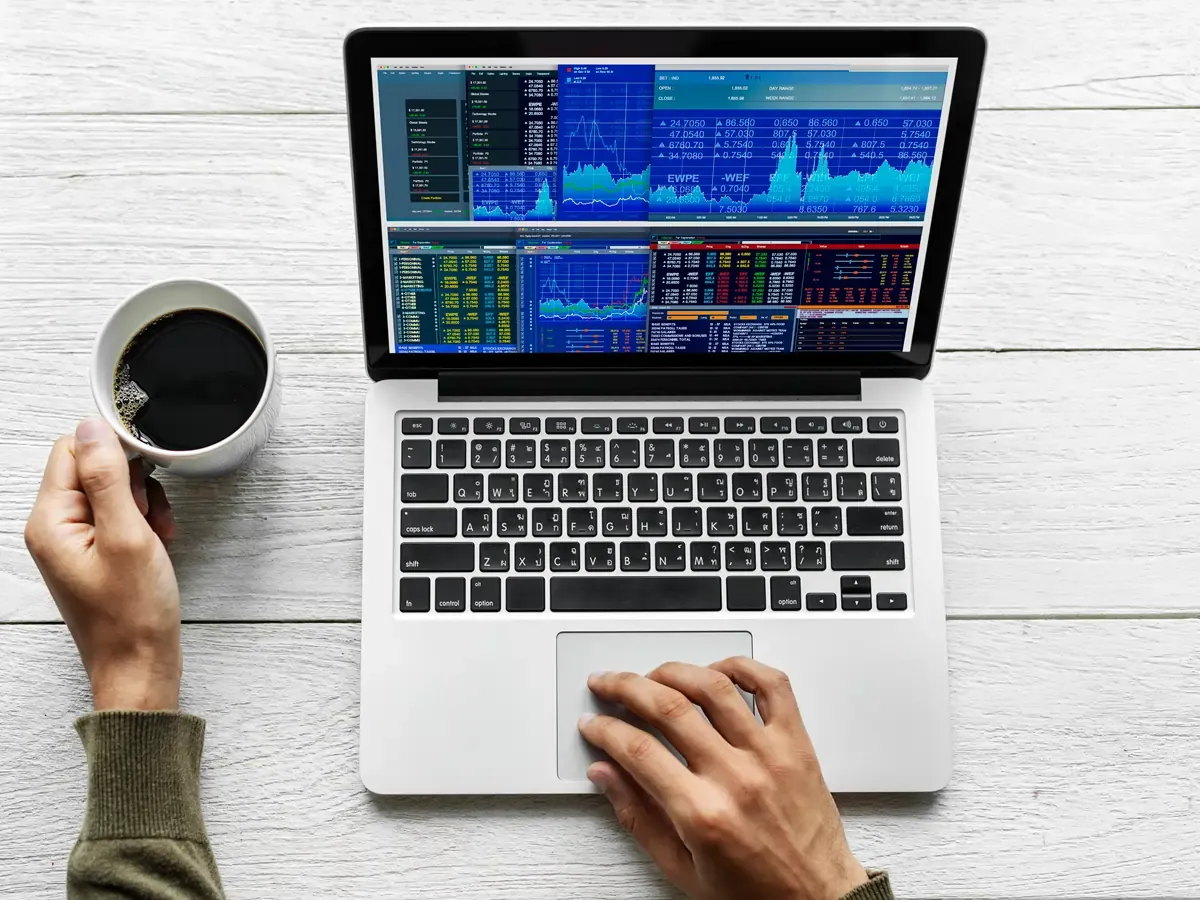
Before online trading took over the world, stockbrokers were responsible for executing buy and sell orders on their client’s behalf. Today, trading services allow investors to directly place buy and sell orders on their own through an online trading platform. This has led to a phenomenal rise in the number of traders all over the world. In India alone, over 2.73 crore accounts are held by the depositories that include CDSL and NSDL! At the same time, there’s a Call and Trade facility wherein you can place a phone call and ask the broker to place a trade on your behalf. In online trading, the client's instructions automatically get directed to the exchange through the individual’s stockbroker.
Key Points
- In order to buy and sell stocks, it is mandatory to have a trading and demat account.
- A trading account is similar to a bank account administered by a stock broker, that allows a user to buy or sell securities. The trading account is linked to the bank account that provides the necessary liquid cash to buy/sell securities.
- Analyze the trade opportunities available and draft out a trade plan accordingly.
In order to buy and sell stocks, it is mandatory to have a trading and a demat account.
What is a trading account?
A trading account is similar to a bank account administered by a stockbroker, that allows a user to buy or sell securities. The trading account is linked to the bank account that provides the necessary liquid cash to buy/sell securities.
A trading account is primarily used for transactions in the financial markets. An investor may hold as many accounts as he wishes, so it is not uncommon to have multiple accounts in case of several trading strategies.
Individuals and businesses can open trading accounts to carry out trade involving buying and selling of financial instruments such as stocks, options, commodities, derivatives and futures.
Business entities incur a higher market exchange data fee and can also incur higher commission rates. Commission rates may vary depending on the brokerage firm having either a flat fee per trade or a per-share fee.
How to Invest Using A Trading Account
We’ve previously covered the procedural aspects of investing using a trading account. Here, we take you throw the strategic decisions you’ll need to take.
- Risk management in trading: It is one of the most important phases of trading. Traders have to stay in the game to thrive. Following risk management strategies is extremely important. However, if you are new to trading then you must take help of some veteran traders in order to implement risk management strategies. One of the most effective yet simple risk management strategy is when you put a certain amount of money in your trading account and do not withdraw all of the money in one trade.
- Control the urge to trade: When traders start winning then they keep trading more out of greed which is a very unhealthy practice as it could lead to huge losses. It is better to believe in quality rather than quantity, as some traders start taking trades which are low-quality trades and make scarce returns.
- **Never Take Unaffordable Risks:**Be defensive. Trading is not only about taking risks but also managing them well. Do not put out more than 5% of your stake on a single trade, no matter how sure you are.
- Mental Clarity: Trading is an extremely demanding activity and requires you to have a clear state of mind. A sharp presence of mind is essential to not be outrun by the economic activities in the market. Keep your trading plan in check.Make sure to have a look at the economic calendar to be aware of events that may move the market, so you aren't taken by surprise during the day. These small steps can save you thousands of rupees over the course of a year.
- Be patient: You need to stick with your trade before you can receive your windfall returns.
Why Do You Need a Trading Account?
There are numerous reasons behind a trading account being essential:
- It allows an investor to set his own trading limits, along with speedy execution of trades for profit maximisation.
- There are some special services that allow placing orders even after market hours.
- A trading account is used to measure an investor’s profitability position too.
- It helps in reflecting the ratio between costs of goods sold and gross profits.
Wrapping Up
- In order to buy and sell stocks, it is mandatory to have a trading and to open a demat account.
- An investor may hold as many accounts as he wishes so it is not uncommon to have multiple accounts in case of several trading strategies.
- Having someone to keep you on track will help keep lapses in trading to a minimum.
- Have a well-maintained record of every transaction and use it to improve your trading practises.
About Author
Upstox Desk
Upstox Desk
Team of expert writers dedicated to providing insightful and comprehensive coverage on stock markets, economic trends, commodities, business developments, and personal finance. With a passion for delivering valuable information, the team strives to keep readers informed about the latest trends and developments in the financial world.
Read more from UpstoxUpstox is a leading Indian financial services company that offers online trading and investment services in stocks, commodities, currencies, mutual funds, and more. Founded in 2009 and headquartered in Mumbai, Upstox is backed by prominent investors including Ratan Tata, Tiger Global, and Kalaari Capital. It operates under RKSV Securities and is registered with SEBI, NSE, BSE, and other regulatory bodies, ensuring secure and compliant trading experiences.


















